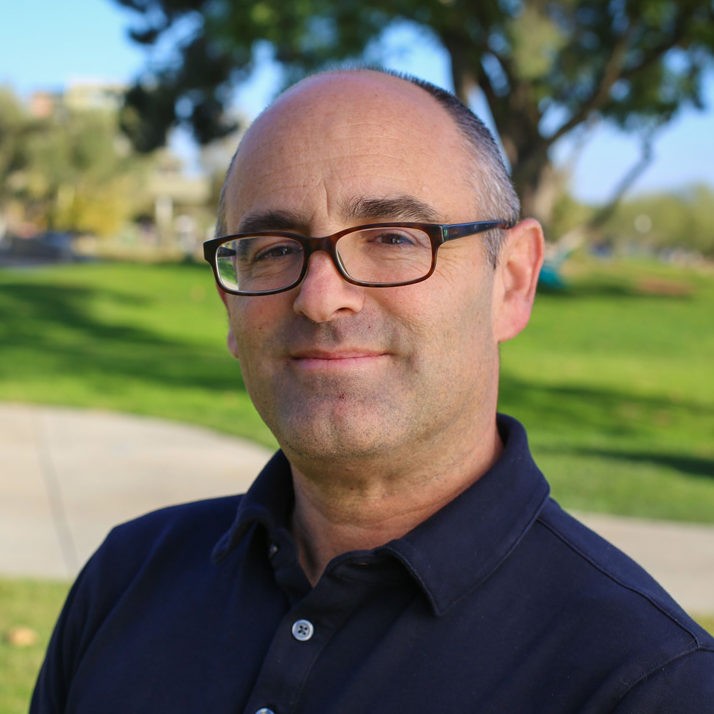The Pitzer College Alumni & Family Book Club hosted a virtual conversation in June between alumna Janet Alexander ’11 and Professor of Sociology and Secular Studies Phil Zuckerman about his book Living the Secular Life: New Answers to Old Questions. Zuckerman studied the lives of the nonreligious for years before founding Pitzer’s Secular Studies program—the first academic program in the nation dedicated to studying secular culture.
According to Zuckerman’s Living the Secular Life, “no religion” has become the increasingly prevalent religious preference in the US over the last 25 years, and hundreds of millions of people around the world have also embraced a moral yet nonreligious—or secular—life.
When he was researching his book, one of the most surprising things that Zuckerman discovered was how many nonreligious people live moral lives yet still think that religion is the only source of morality.
“They are completely unable to articulate where they get their morality,” said Zuckerman, who is also an associate dean of faculty at Pitzer. “They didn’t understand their own ethical worldview, and they couldn’t put it into words. I wanted to hold up a mirror to them. ‘You are living a moral and ethical life.’”
Zuckerman said many secular people base their moral compass on the Golden Rule—treating others as you wish to be treated. According to Zuckerman, the Golden Rule originated in hunter-gatherer times when survival required cooperation, and versions of it appear in Christianity, Judaism, Chinese philosophy, and even Egyptian papyrus scrolls.
Zuckerman pointed to survey data that show a correlation between someone’s religious piety and their views on politics, nationalism, ethnocentrism, and authoritarianism. For secularists, thinking for oneself tends to be the highest value and obeying authority tends to be the lowest value, whereas it is often the opposite for religious people. Zuckerman noted that there are exceptions.
 Professor Phil Zuckerman
Professor Phil Zuckerman“As things start to spiral down, we’re going to see a bifurcation,” said Zuckerman. “You’re going to see more people rejecting religion, and you’re going to see more people becoming more fanatical and fundamentalist.”
During the book club conversation with Alexander, Zuckerman also talked about the foundation and history of secular studies at Pitzer.
“You can’t understand humanity without religion, so it makes sense that there are a lot of people who study religion,” said Zuckerman. “That’s great, and that’s necessary. There is also a huge chunk of humanity that is not religious. There wasn’t an academic home to study this.”
Zuckerman was able to get enough professors on board to propose the new the Secular Studies program, which was officially launched in 2011.
Zuckerman also answered several questions from Pitzer Alumni & Family Book Club members about the challenges of finding community in secularism, the role of worship and spirituality, and the link between secularism and individualism in America. By the end of the discussion, the dialogue about Living the Secular Life opened fresh ideas and thoughts not only about Zuckerman’s book but the larger themes and questions of life.
Learn more about the Pitzer College Alumni & Family Book Club.